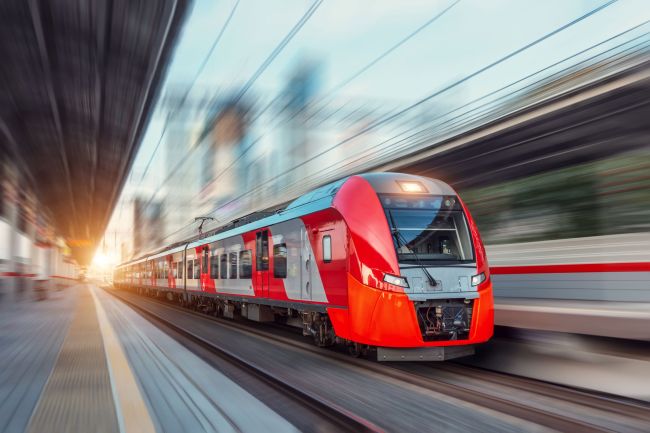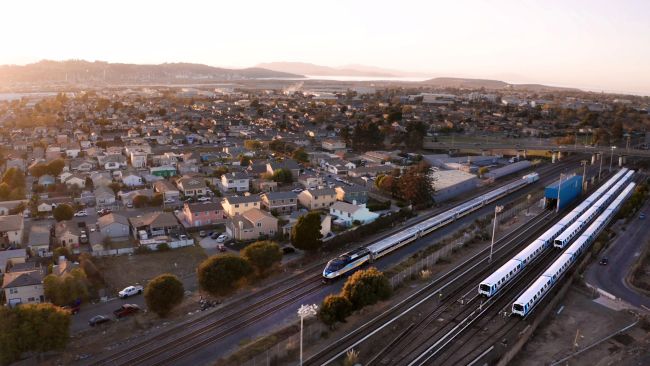As we continue to plan and deliver our immediate responses to the COVID global pandemic and transition to recovery, the immediate public health and economic responses are at an intersection with wider environmental and social goals. Not an “either/or”, rather how we achieve all sustainable development goals simultaneously is imperative. Different places, different operators, different agencies all have unique challenges and opportunities to reimagine the future as we seek to “build back greener”.
At Steer, we are helping our clients to solve the complex challenges and opportunities of sustainable development. We provide objective and evidence-based frameworks, scenario planning, tools and solutions across transportation, places and infrastructure in the following areas:
- Designing, implementing and monitoring policy/strategy to secure low-lower carbon in the transportation space. This spans place-based solutions on both the supply-and demand-side, including sustainable and future modes, and behavioral travel demand management, as well as driving adoption of low carbon fuels and low carbon planning, construction and operations.
- Assisting transportation industry (operators, constructors, investors and government bodies) move to low carbon through the provision of technical advice on electro-mobility, other low carbon fuel adoption and deployment, energy conservation and reduction techniques for transit and highway, low emission/carbon zones and other sustainable transportation interventions, and low carbon construction and maintenance relating to implementation alongside supporting analysis including the following:
- interface with industry regulators;
- quantitative inputs to Environmental, Social and Governance (ESG) and similar assessment frameworks;
- analysis of commercial impacts of decarbonization;
- case making to support change/investment in decarbonization; and
- integrated projections of transportation and economic activity and carbon and other Greenhouse Gas (and air pollutants) outcomes at micro and macro (including geographical and socio-economic reporting).
- Sub-national economic planning delivering “economy-wide” decarbonization strategy and net zero pathways initially in the context of economic recovery and economic development.
- As a cross cutting-area of expertise supporting work across transportation, places and infrastructure.






